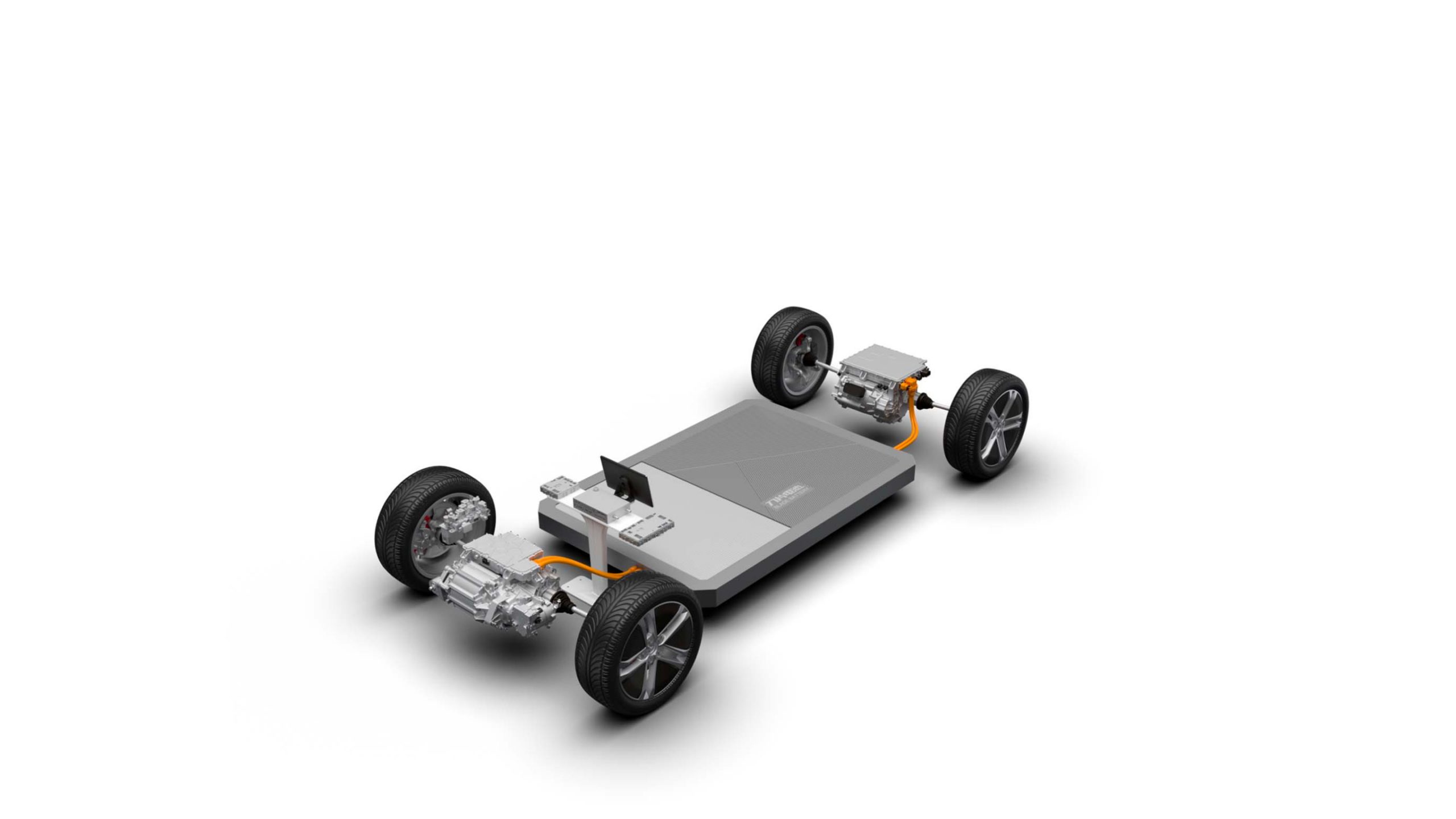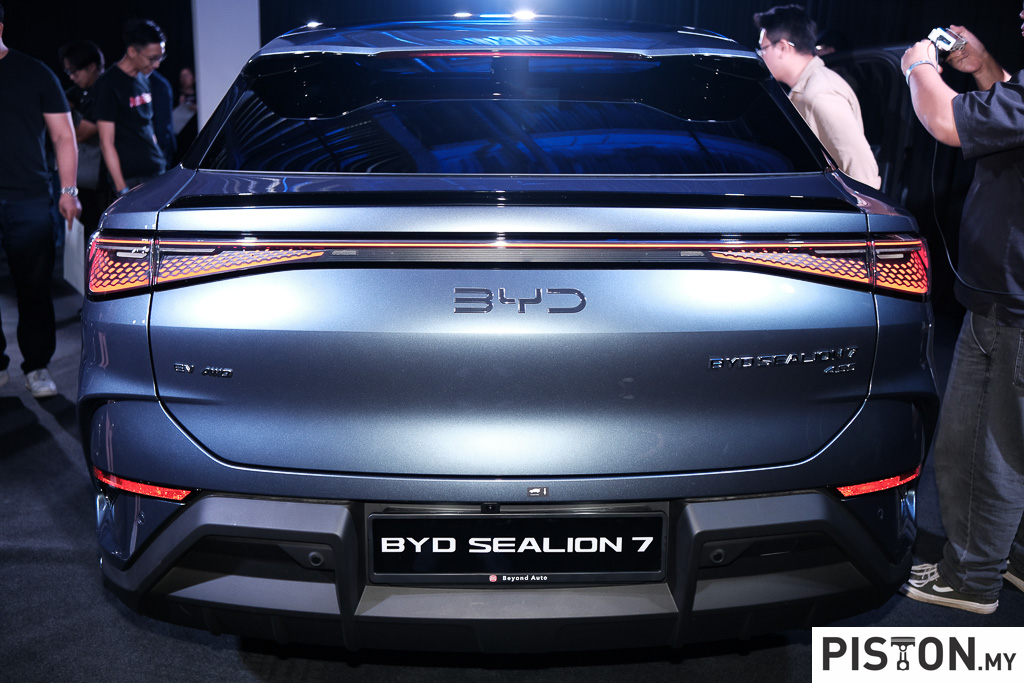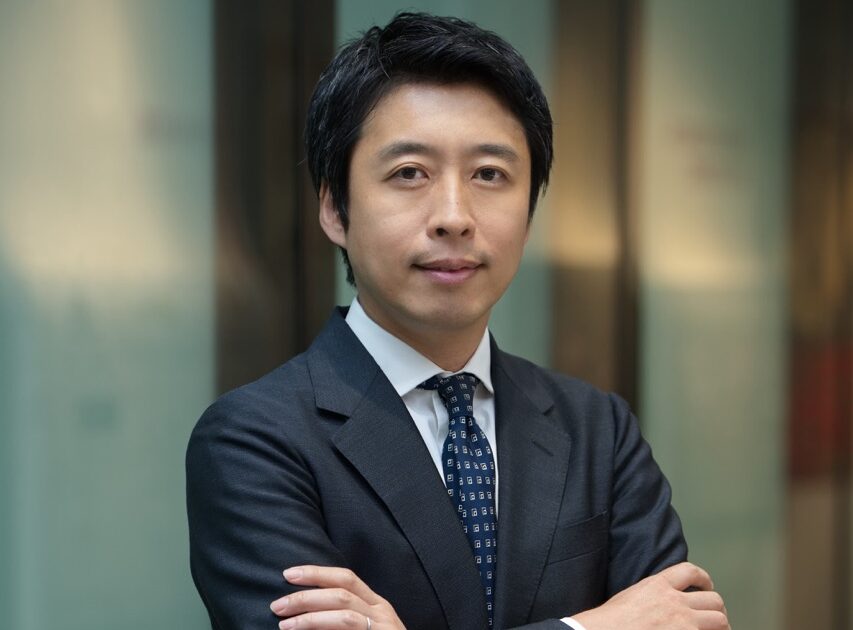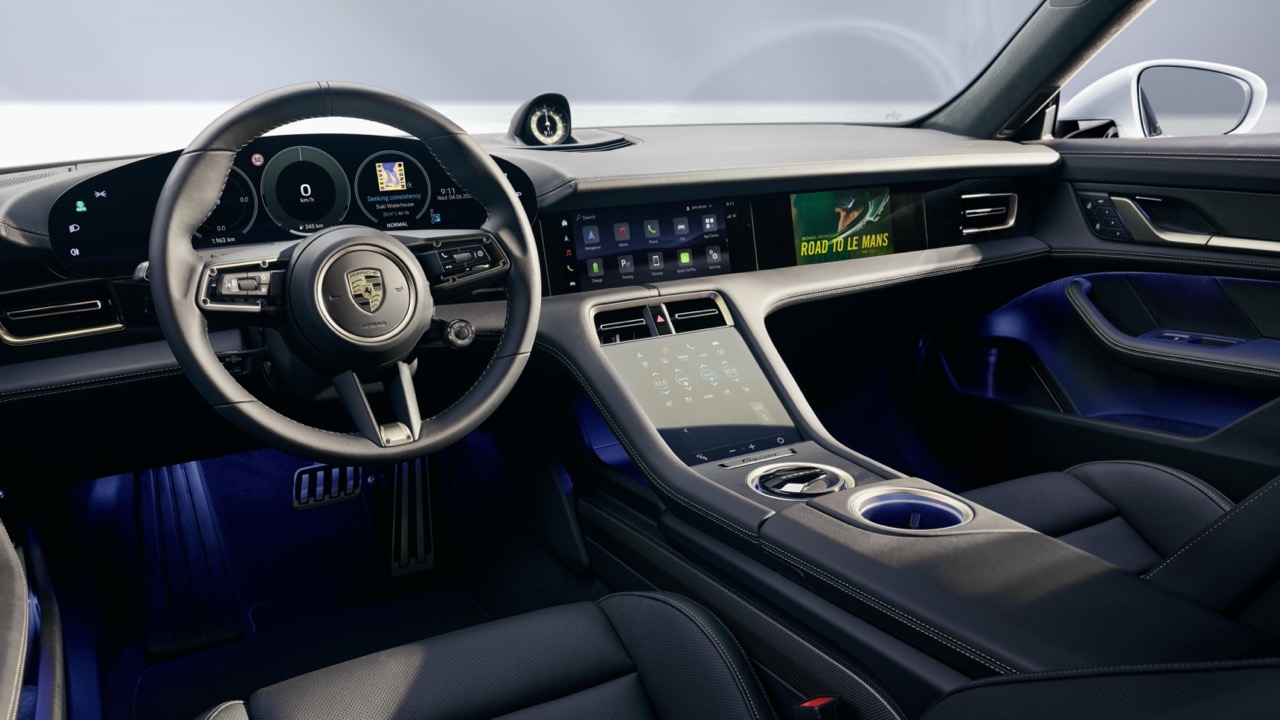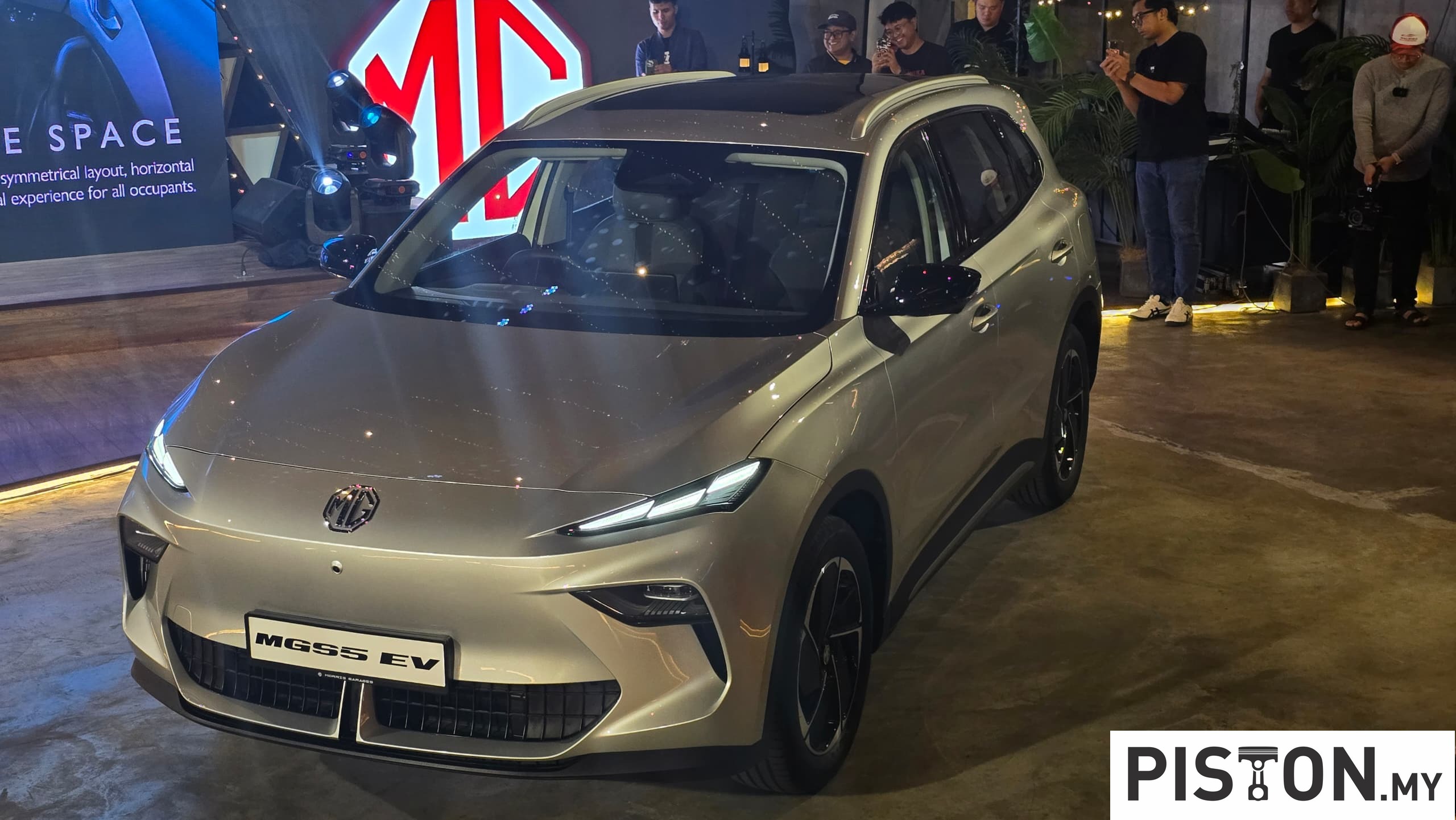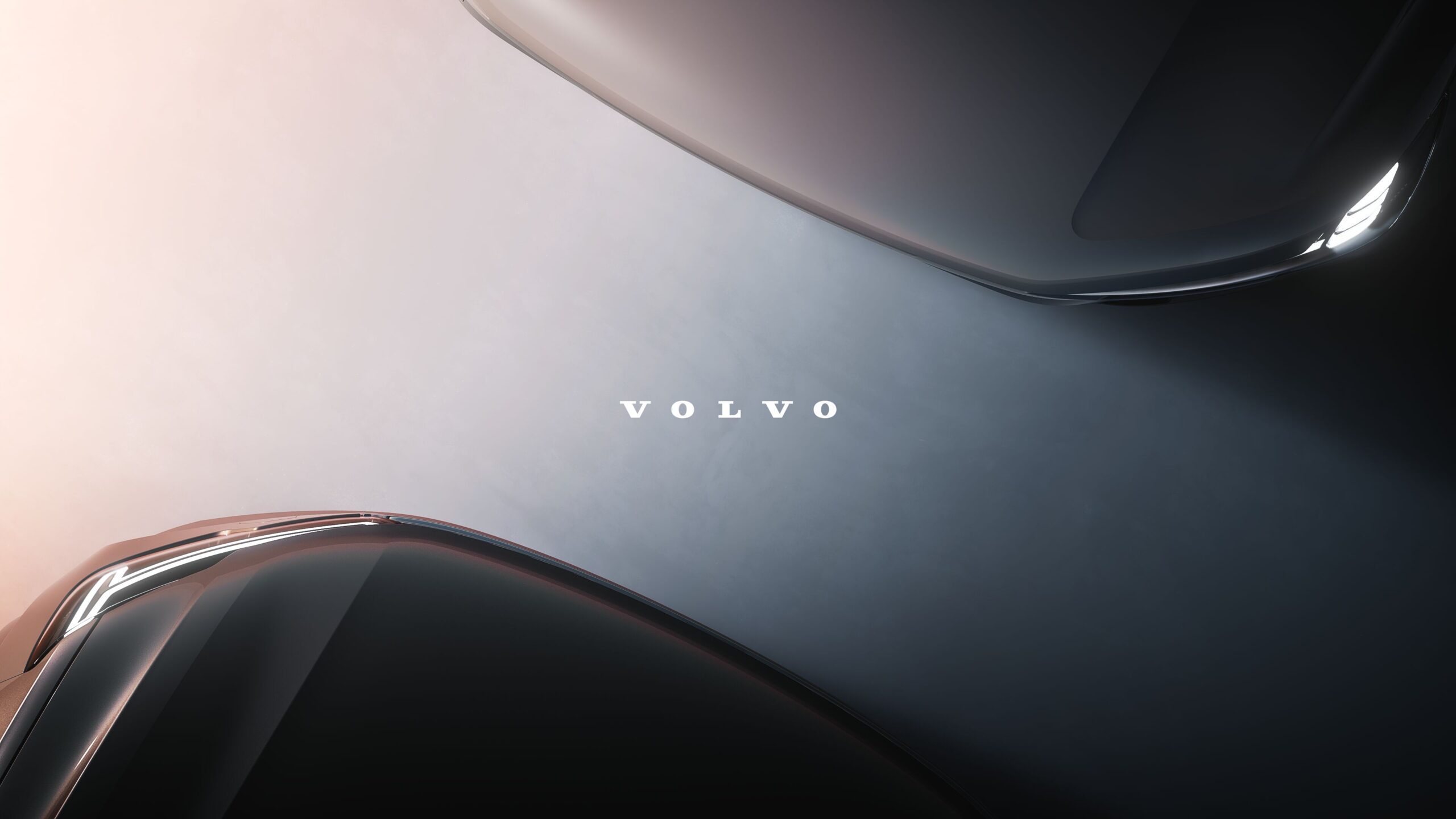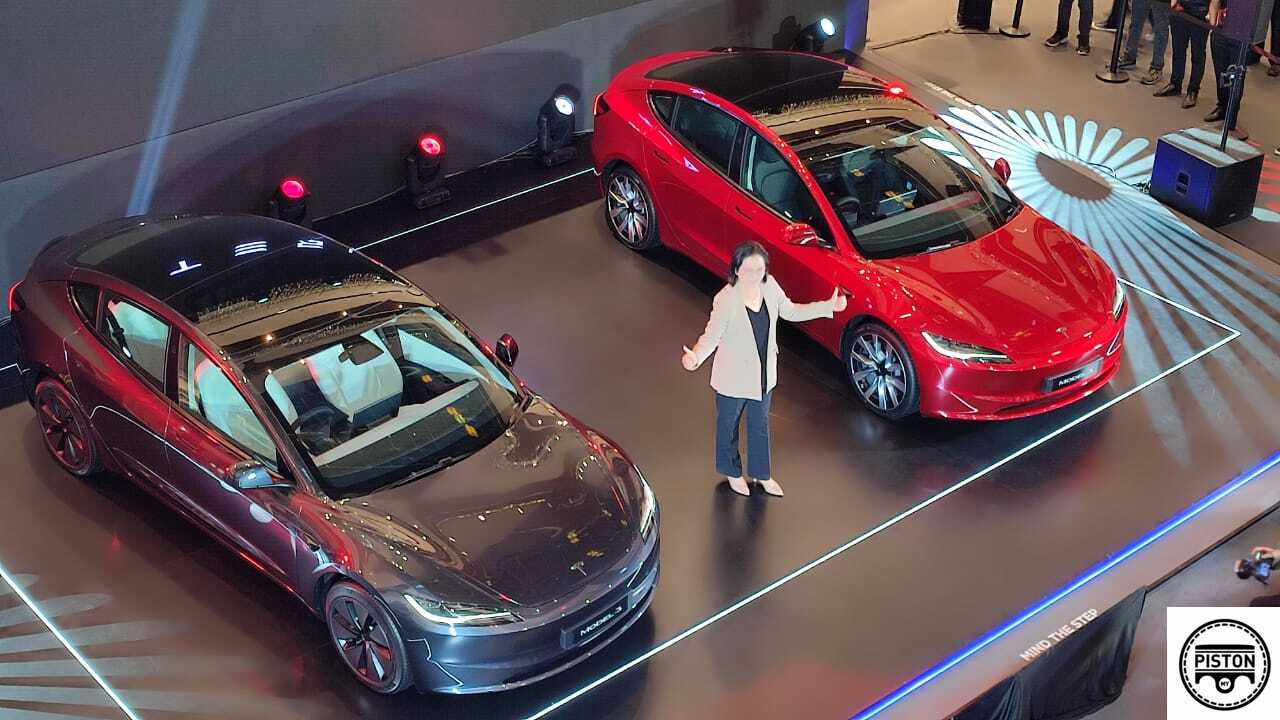The European Union has announced a $1 billion grant initiative aimed at strengthening its electric vehicle (EV) battery industry, as part of a broader strategy to reduce dependence on Chinese components and foster domestic production. The funding, which is tied to strict sourcing requirements, seeks to boost the region’s capacity to produce clean energy technologies while ensuring the EU can meet its climate goals independently.
The initiative is central to the EU’s efforts to build a resilient supply chain for clean energy, with a particular focus on EV battery manufacturing. One key aspect of the program is its emphasis on limiting reliance on Chinese-sourced materials, such as cathodes and anodes, and ensuring that any new patents resulting from funded projects are registered within EU member states to protect critical intellectual property.
The $1 billion program prioritises projects that use fewer materials from China, aiming to safeguard Europe from vulnerabilities tied to over-reliance on a single supplier. Teresa Ribera, European Commission Vice President for the Clean Transition, stressed that the program would also include resilience criteria to protect Europe from dependence on one source.
In addition to EV batteries, the EU is investing in other green technologies. A separate $1.3 billion auction for hydrogen production mandates that projects limit Chinese electrolyzer stack sourcing to no more than 25%. Another $2.5 billion call for net-zero technologies places similar restrictions on the use of raw materials from non-European suppliers.
These funding moves are part of the EU’s broader effort to foster innovation and reduce the strategic and economic risks posed by Chinese dominance in green tech sectors. Chinese EV manufacturers like BYD have become a significant concern for European and American automakers, given their increasing presence in the global EV market and the widespread use of Chinese-sourced components in vehicles worldwide.
However, the EU’s approach faces challenges. Restrictions on sourcing could increase production costs and slow the development of green technologies, which may put Europe at a disadvantage in the short term. Still, EU leaders believe that the long-term benefits of an independent, self-sufficient industrial base will outweigh the immediate hurdles.




